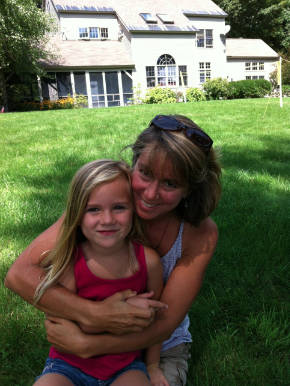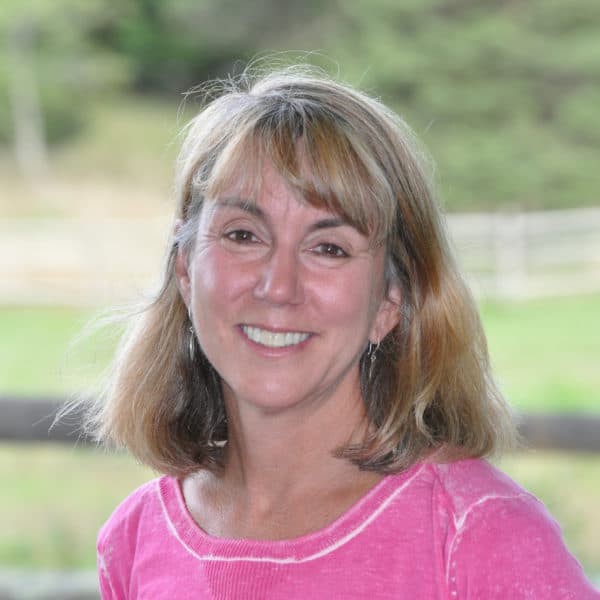Advertisement
'Did the Bad Guys Have A Mom?' And Other Bomb Questions From Kids
Guest Contributor
It was back to school today after a week of “vacation” and I must say I am relieved.
The routines and clear parameters are a gift after a week of chaos, uncertainty and fear. My kids, ranging in age from 6-16, are processing the marathon bombings in different ways, and with varying amounts of information. I tried to shelter the younger two (six and eight) as much as possible from the gory details, but a day of “lockdown” two miles from Watertown made it impossible to avoid the basic facts. Bad guys. Bombs. Killings. Wounds. Terror.

“Why did the bad guys want to hurt people?”
“Why did the police kill the first bad guy?”
“Why didn’t they kill the second bad guy?”
“What if the bad guy gets out of jail?”
“What if there are more bombs?”
“How do bombs hurt people?”
“How many bad guys are there in the world?”
I have been bumbling along, trying my best to instill my kids with a sense of security and hope, guided by expert advice on how to talk to kids about such atrocities. My parenting experience and the fact that I am a physician myself hasn’t helped me much. For the younger two, I know that I have to keep things simple and as black and white as possible: good guys and bad guys, scary events and now safety — but I am struggling with this, feeling vaguely deceitful. The truth is, I don’t feel safe. I can’t promise that there won’t be any more bombs. I don’t really know what makes a “bad guy” become a “bad guy.” But I have heard these words coming out of my mouth as I snuggle in bed with my children at night and try to soothe them into sleep.
“You are safe.”
“There will be no more bombs, I promise.”
“There are at least 100 good people for every one bad person.” (??)
“I won’t let anyone hurt you.”
Lies, really, or at the very least, partial truths. But is this wrong?
I don’t know.
My six-year-old sees through it. The “bad guy/good guy” dichotomy doesn’t hold for her, and last night as I lay with her and rubbed her back she threw me a curve ball.
“Did the bad guys have a mom?” she asked
“Yes,” I said.
“What if she was nice like you?”
What if? She might have been, and this makes me cry. What would it feel like to have my baby do such awful things? I imagine love and hate in a boxing ring, duking it out. But there will be no winner.
“She might have been”, I tell my daughter. “Sometimes it is impossible to explain why people do bad things.”
“Does that mean I could become a bad guy?” she asked, with a crack in her voice.
This question stung, but it also provided me with a ledge I could grab onto, and I climbed my way back up towards control.
“That is up to you, Hannah,” I said. “You can decide how you want to be. You are in charge, and you can choose to be good.”
In the end, isn’t this all we have?
The day after the capture of “bad guy number two” I went to the Bar Mitzvah of one of my best friend’s son. The ceremony was hopeful and life affirming, filled with music and poetry. One poem in particular struck me.
Give, by Anne Frank
People will always follow a good example;
be the one to set a good example,
then it won’t be long before the others follow.
How lovely to think that no one need wait a moment,
we can start now,
start slowly changing the world!
How lovely that everyone,
great and small,
can make their contribution
toward introducing justice straightaway...
And you can always, always give something,
even if it is only kindness!
Dr. Annie Brewster, a Boston internist who lives in Cambridge, is a frequent contributor to CommonHealth. You can find links to some of her earlier pieces here.
This program aired on April 22, 2013. The audio for this program is not available.
